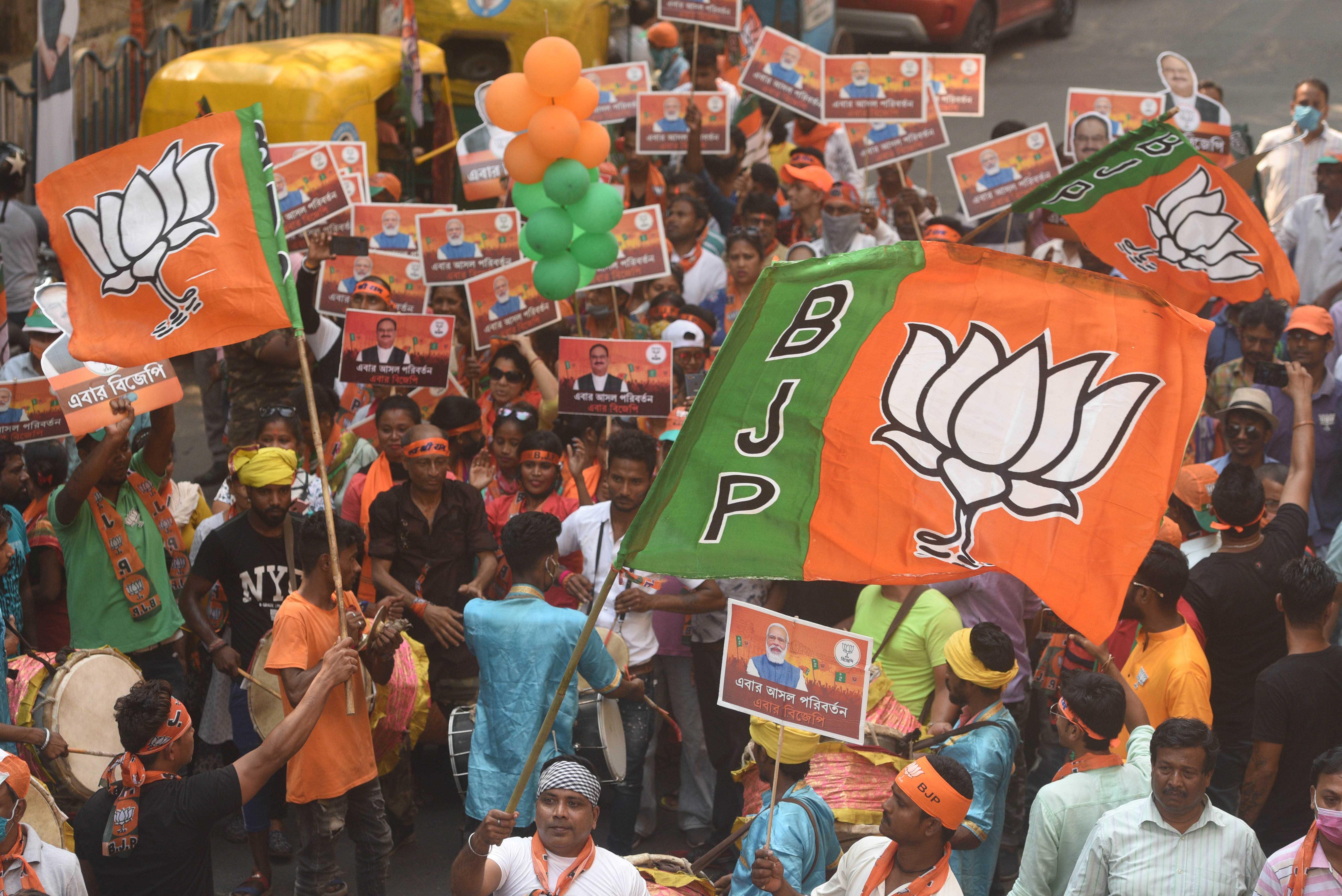News
April 06, 2021
4: Four Indian states — Assam, Kerala, Tamil Nadu, and West Bengal — as well as the union territory of Puducherry go to the polls on Tuesday. The elections are broadly viewed as a litmus test for Prime Minister Narendra Modi's nationalist BJP party as the pandemic worsens across India. The main prize is West Bengal, home to Kolkata, which has never been ruled by the BJP and is currently governed by a prominent Modi critic.
34,000: A Russian court has ordered popular video sharing app TikTok to pay 2.6 million rubles ($34,000) in fines for not removing content related to illegal protests in support of the famous Kremlin dissident Alexei Navalny. The ruling follows Moscow's recent slowdown of Twitter for failing to delete tweets about drugs, pornography, and suicide.
5: Pending final approval by the lower house of parliament, Chile will postpone by five weeks an election for its constituent assembly originally scheduled for Sunday, as the country battles a fresh surge in COVID infections. Last October, Chileans overwhelmingly voted in favor of scrapping its Pinochet-era constitution, and the next step is choosing the members of a commission tasked with rewriting the charter.
1,844: President Muhammadu Buhari has sacked Nigeria's top cop a day after an armed attack on a prison in southeastern Imo state allowed 1,844 inmates to escape. The government — which has blamed the jailbreak on Biafran separatists — is struggling to improve rampant insecurity across Nigeria despite enacting bold moves like replacing all the defense chiefs.From Your Site Articles
More For You
- YouTube
How widely is AI actually being used, and where is adoption falling behind? Speaking at the 2026 World Economic Forum in Davos, Brad Smith, Vice Chair and President of Microsoft, outlined how AI adoption can be measured through what he calls a “diffusion index.”
Most Popular
- YouTube
AI adoption is accelerating worldwide, but “diffusion” isn’t just about who has the best models. It’s about who has the basics: affordable power, reliable connectivity, and the skills to actually use AI. In a new GZERO Media Global Stage livestream from the 2026 World Economic Forum in Davos, Switzerland, CNN’s Richard Quest moderates a clear-eyed discussion on what it will take to broaden AI access, and what happens if the gap widens.
- YouTube
Now that we are all on same page. #PUPPETREGIME
© 2025 GZERO Media. All Rights Reserved | A Eurasia Group media company.
